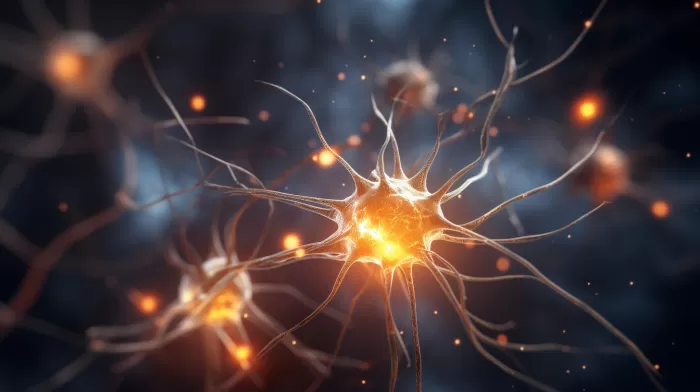Alzheimer’s disease remains one of the most challenging conditions that researchers and medical professionals are struggling to find a solution for. With an estimated 50 million people worldwide suffering from Alzheimer’s or other forms of dementia, understanding how to treat the condition and provide relief for those affected is crucial. A recent perspective explores the idea that Alzheimer’s may need to be tackled at least 10 years before it starts to change a person’s behavior, which is no small feat considering how difficult early detection has proven to be.
Researchers have found that by the time a patient is diagnosed with even mild or moderate Alzheimer’s, there is already significant neuron death. The neurons affected are the ones responsible for allowing you to navigate and make sense of the world around you. Once they die, no amount of rehabilitation can bring them back to life, and scientists believe this is the reason many recent trials of new Alzheimer’s drugs have not improved patient mental health.
This complex disease destroys memory and other essential mental functions and is the most common cause of dementia. Brain cell connections and the cells themselves degenerate and die, leading to the onset of Alzheimer’s disease. The cause of Alzheimer’s disease is still mostly unknown, and there is no known cure. Treatment options usually revolve around symptom management, including medication and support for patients and their families.
Alzheimer’s disease typically progresses slowly, with the rate of progression varying from person to person. The severity can be divided into three stages: early-stage (mild), middle-stage (moderate), and late-stage (severe). These stages provide a general framework for understanding the progression of Alzheimer’s disease and guiding treatment approaches.
Early-stage (mild) Alzheimer’s disease
In the early stage, patients may still maintain their independence, drive, work, and socialize. However, they are likely to start experiencing memory lapses, such as forgetting familiar words or where they placed their keys. Family members and close friends may start noticing these difficulties. At this stage, a medical evaluation may help identify their early-stage Alzheimer’s, allowing patients to plan for their future and possibly explore treatments that may provide symptom relief.
Middle-stage (moderate) Alzheimer’s disease
The middle stage of Alzheimer’s is the longest and can last for many years. As the disease progresses, people may develop noticeable problems with daily activities and require a higher level of care. They may become confused about where they are, lose track of time, and develop changes in their sleep patterns. At this stage, personality and behavioral changes are often evident, including suspiciousness, delusions, irritability, and the tendency to wander and get lost.
Late-stage (severe) Alzheimer’s disease
During the late stage, those affected may lose the ability to respond to their environment, carry on conversations, and, eventually, control their own movement. Memory and cognitive skills continue to worsen, and significant personality changes may occur. At this point, patients need round-the-clock assistance with daily personal activities.
Considering the impact of the disease and the window of opportunity for treatment, researchers are exploring how Alzheimer’s can be treated at the earliest possible stage. Some approaches involve giving middle-aged people with a family history of Alzheimer’s disease medication that might reduce their risk of developing the illness.
Ultimately, the key to treating Alzheimer’s may lie in early detection and intervention. Therefore, research is needed to identify early warning signs and develop effective treatments for those at risk. The hope is that in uncovering how to recognize Alzheimer’s, researchers will uncover the best way to treat the condition and provide relief to millions of people worldwide.



